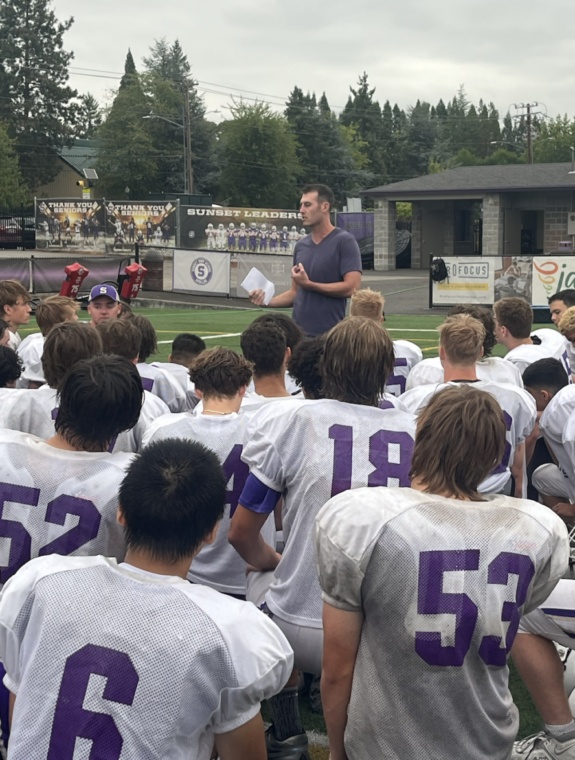Therapy for Athletes in Portland, Oregon
In addition to being a Licensed Marriage and Family Therapist, I also have over a decade of experience coaching collegiate, high school, and youth athletes. As a former NCAA athlete, I understand the many pressures athletes face, and how those pressures can impact mental health.
Why Athletes Seek Therapy

Athletes struggle with mental health issues, just like the rest of us. Competitive athletes may feel pressure to perform from coaches, parents, or from themselves. Those expectations can bring about significant stress, which can impact performance both on and off the field. High-school and college athletes also have the added pressure of keeping up with their academics in addition to their demanding sports schedules. According to the American College of Sports Medicine, 30% of women and 25% of men who are collegiate student-athletes report having anxiety, and only 10% of all college athletes with known mental health conditions seek care from a mental health professional. A 2023 study published by Health Psychology Research showed that 91 percent of 16-17-year old student athletes polled for the study reported some level of stress due to sports. Given that approximately 57% of high school students participate in one or more sport, it’s clear that student-athletes experience significantly more stress and anxiety than is acknowledged. Yet, therapy for athletes is often overlooked, or not properly considered. According to this 2022 USA Today article, only 10 percent of college athletes with mental health conditions sought professional help.
How Can Therapy Help?
Therapy for athletes can help in so many ways. First, it can help athletes develop skills to better manage the many pressures they can be facing. Additionally, therapy can help athletes improve their on-field performance by developing tools that improve present-moment focus and ease performance anxiety. What’s equally important is that therapy can also help athletes learn to respond to failure in more effective ways. When athletes become less afraid of failure, they become more confident, more resilient, and more mentally tough.
My Approach to Therapy with Athletes

My background as a former college athlete, and baseball coach, gives me a unique perspective that I bring to my work with athletes. I understand first-hand just how wonderful, exhausting, exciting, and anxiety-provoking playing sports can be.
I utilize Acceptance Commitment Therapy, Cognitive-Behavioral Therapy, Mindfulness Skills, and Exposure and Response Prevention to help athletes reshape the way they respond to distressing thoughts and feelings. In therapy for athletes, I often work to help athletes understand the neurobiology of anxiety. In doing so, we can increase that athlete’s awareness over their own anxious thoughts and feelings, and behaviors that may inadvertently be keeping those thoughts and feelings in the driver’s seat. Next, we work on developing present-moment focusing skills that can help to ground us during times of distress. For athletes who struggle with self-criticism, we might focus on developing a response to failure that aligns with that athlete’s values, and doesn’t cause added stress and anxiety. Finally, I often work with athletes on building increased tolerance for distress, such that they are more comfortable in high-pressure situations. I strongly believe that when athletes can tend to their mental game, that their physical skills can truly shine!
Let’s Get Started!
I love working with athletes! Call me, or fill out my contact form to schedule your free, 30-minute consultation!